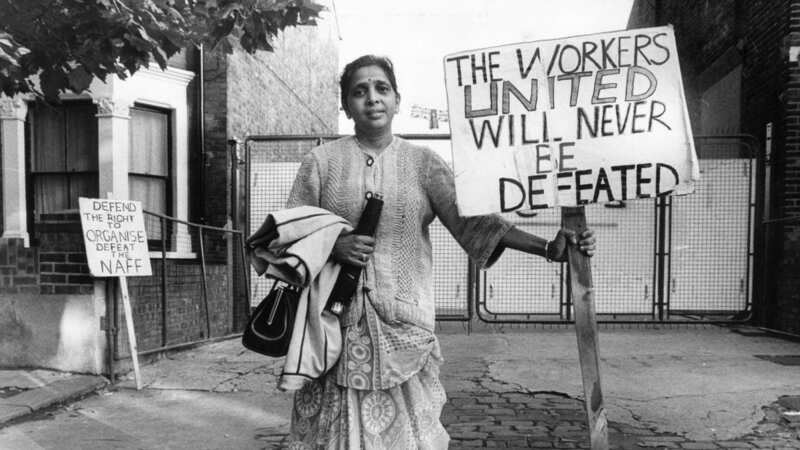'Those fighting for beliefs need support now - before it's in history books'

The miners’ story has always been the same, but the telling of it has changed.
It’s a tale of struggle for wages, jobs and a way of life that flourished in close-knit communities for more than a century. But in 1984, striking pitmen and their families were vilified by Thatcher as “the enemy within” who had to be crushed.
Forty years later, their great strike for jobs is being celebrated in books, TV and radio shows and exhibitions. What’s changed, apart from the natural desire of people to see history through rose-tinted spectacles?
Power has. The once mighty National Union of Mineworkers is no longer a threat to the Tory Party’s arrogant presumption of a right to rule. In practical terms, it’s safely dead. We can now lionise the heroes of 84, and pay tribute to the sacrifices of communities devastated by the Tory war against the NUM. There is a pattern. In 1976, Jayaben Desai, an Asian sewing machinist, who led a two-year dispute at Grunwick, London, was abused as “a striker in a sari”.
After her death 34 years later, she was given a laudatory obituary in “top people’s paper” The Times. Jack Jones, left-wing leader of the Transport and General Workers’ Union, got the same treatment. Reviled by the media in life, praised in death.
 Teachers, civil servants and train drivers walk out in biggest strike in decade
Teachers, civil servants and train drivers walk out in biggest strike in decade
Ditto Jimmy Reid and Jimmy Airlie, leaders of the famous (and successful) Upper Clyde “work in” of 1971-2. Both were communists, smeared during the fight and acclaimed when they were dead. Crocodile tears are now being shed by the bucket-load for the miners and their families. It’s hypocrisy, and it sickens me.
Men and women fighting for what they believe in deserve support when the fight is on, not when their struggle is reduced to historical material for obituary writers and TV producers.
Read more similar news:
Comments:
comments powered by Disqus

































